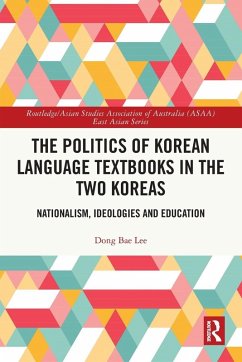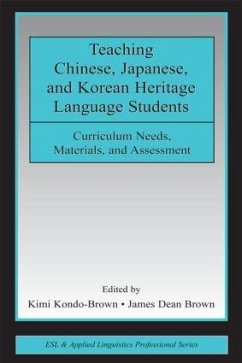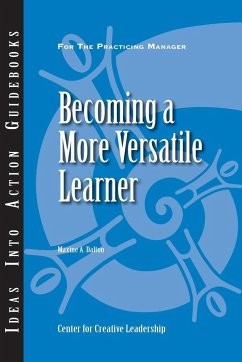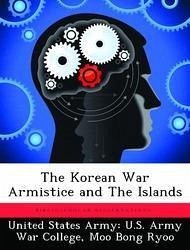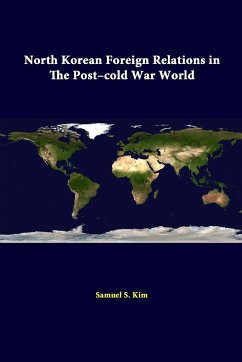Nicht lieferbar
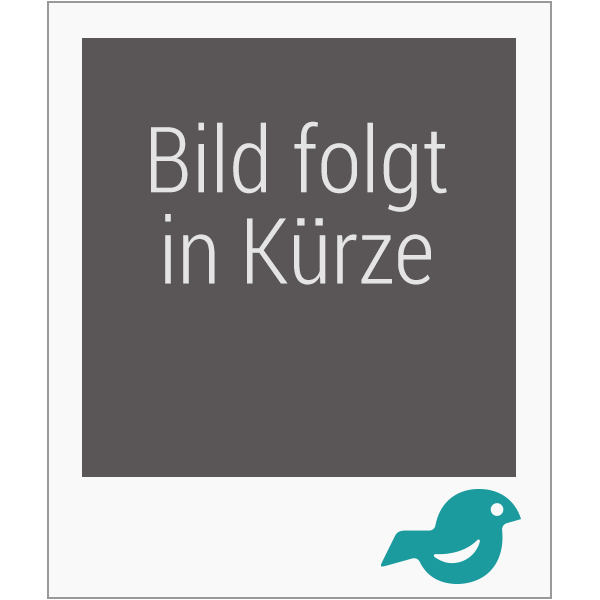
Mastering Korean Language Fundamentals
An In-Depth Exploration of Vocabulary and Grammar for Beginners
Versandkostenfrei!
Nicht lieferbar
Mastering the fundamentals of the Korean language can feel like a daunting task, especially for beginners. I remember when I first embarked on this journey; it was a mix of excitement and anxiety. The intricate characters of Hangul seemed so foreign, yet so beautiful. As I delved deeper into the language, I discovered a vibrant world of vocabulary and grammar that I never knew existed. Let's start with vocabulary. One of the first things I learned was that Korean words often have specific nuances that can change their meaning based on context. For instance, the word "사랑" (salang) means lov...
Mastering the fundamentals of the Korean language can feel like a daunting task, especially for beginners. I remember when I first embarked on this journey; it was a mix of excitement and anxiety. The intricate characters of Hangul seemed so foreign, yet so beautiful. As I delved deeper into the language, I discovered a vibrant world of vocabulary and grammar that I never knew existed. Let's start with vocabulary. One of the first things I learned was that Korean words often have specific nuances that can change their meaning based on context. For instance, the word "사랑" (salang) means love, but it can express different types of love depending on how it's used. This richness in vocabulary encourages learners to think critically about what they want to convey. I found flashcards to be incredibly helpful in building my vocabulary. Apps like Anki and Memrise became my best friends, allowing me to practice and retain new words effectively. When it comes to grammar, Korean is quite unique. The sentence structure is different from English, as it typically follows a Subject-Object-Verb order. Initially, this threw me off, but over time, I began to appreciate how it shapes the flow of conversation. For example, instead of saying "I eat apples," you would say "I apples eat." It felt strange at first, but with practice, it became second nature. I often used online resources and language exchange platforms like HelloTalk to practice speaking with native speakers, which really helped solidify my understanding. One of the most fascinating aspects of Korean is its honorifics. The language has various levels of politeness that reflect respect and social hierarchy. This is something I had to wrap my head around, as it's quite different from English. I remember a conversation with a friend where I mistakenly used a casual form with someone older, and I felt embarrassed. It was a learning moment that highlighted the importance of understanding cultural context in language learning. Additionally, I found that incorporating real-time information into my studies made a significant difference. Watching Korean dramas and listening to K-pop not only made learning enjoyable but also helped me pick up colloquial phrases and expressions. I would often pause and jot down new words, then look them up later. It was a fun way to connect with the culture while improving my language skills. Collaboration with fellow learners was another key component of my journey. Joining study groups, both online and offline, created a supportive environment where we could share resources and motivate each other. We would often meet up for language exchanges, which allowed us to practice speaking in a relaxed setting. In conclusion, mastering the fundamentals of the Korean language is a rewarding endeavor that requires patience and practice. Embracing the challenges of vocabulary and grammar, exploring cultural nuances, and engaging with others can make the process enjoyable and enriching. My journey is far from over, but every step feels like a victory. If you're considering learning Korean, I encourage you to dive in-embrace the imperfections, and enjoy the ride!




